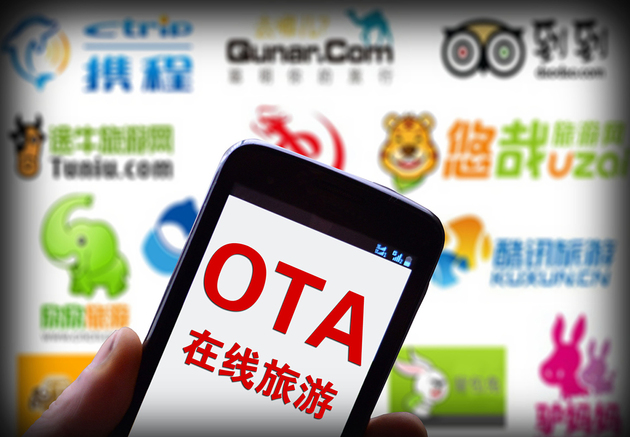
Photo/VCG
Oct. 22 (NBD) – Online travel platform Mafengwo had a rough weekend after an article claiming 85 percent of its UGC (user-generated content) is fabricated went viral.
UGC, including travel experience, tips and Q&As written down by tourists, is considered as the travel platform's most valuable assets.
The report was released by a WeChat account named "Xiaosheng Bibi" on Saturday using data provided by Hurui Data, a Shenzhen-based tech company. It said that among Mafengwo's 21 million reviews of restaurants, bars, and hotels, 18 million were copied from competitors like Ctrip, eLong, Meituan-Dianping, or even Yelp by 7,454 accounts.
The report also noted that the travel platform's 15,000 most active users (not including the above-mentioned 7,454 accounts) post their reviews mostly during work hours on weekdays, contrary to patterns of similar sites.
Mafengwo regards the report as "distortion of facts" and an "organized attack".
In a statement released on Monday, the company emphasizes that it's a travel platform, not a local service site, and user reviews only make up 2.91 percent of its data. It also claimed to have deleted accounts involved in plagiarism, which the firm said only account for an "extremely small portion". Moreover, the user data cited in the article contradict the facts and third-party statistics, it added.
However, before 2016, Mafengwo did encourage users to pen down reviews, the statement revealed. According to news outlet Yicai, Mafengwo used to reward UGC with tokens that could be used in exchange for products like cameras and cosmetics, which led to massive plagiarism.
Mafengwo is not the first company accused of content theft and fabrication. In 2008, travel booking platform Ctrip sued competitor Qunar, claiming the latter copied tens of thousands of its hotel reviews. In July 2018, Xiaohongshu, an e-commerce platform of fashion and beauty products, said that local service app Dianping created fake accounts to plagiarize notes from Xiaohongshu systematically.
In the era of Internet, key indicators like UGC and DAU (daily active users) are ever more important to online travel agencies. If a platform fails to create review data of a certain size, it would be hard to attract investors and downstream businesses, said Zhao Huanyan, chief advisor with hotel consultancy firm Huamei.
Originally an online community for tourists, Mafengwo has grown into a popular travel platform in recent years.
According to a Reuters report on August 17, Mafengwo was planning a new round of funding in hope to raise as much as 300 million U.S. dollars, using which the company plans to acquire better tourism resources and products and better monetize its travel-related contents.
The planned round of financing values the company at 2-2.5 billion U.S. dollars, which would suffer a major shrinkage if potential investors learn that most of the platform's UGC come from "plagiarizing" and "web crawling", an investor who requested anonymity told Yicai.
Mafengwo on Monday filed a complaint against Hurui Data and Xiaosheng Bibi's writer Ding Ziquan for defamation. In response, Xiaosheng Bibi later released an article stating that more notarized and judicially authenticated evidences will be unveiled. The writer named "Ziquan" also demanded Mafengwo to verify its allegation, or he will file a counterclaim.
Email: limenglin@nbd.com.cn


 川公网安备 51019002001991号
川公网安备 51019002001991号





